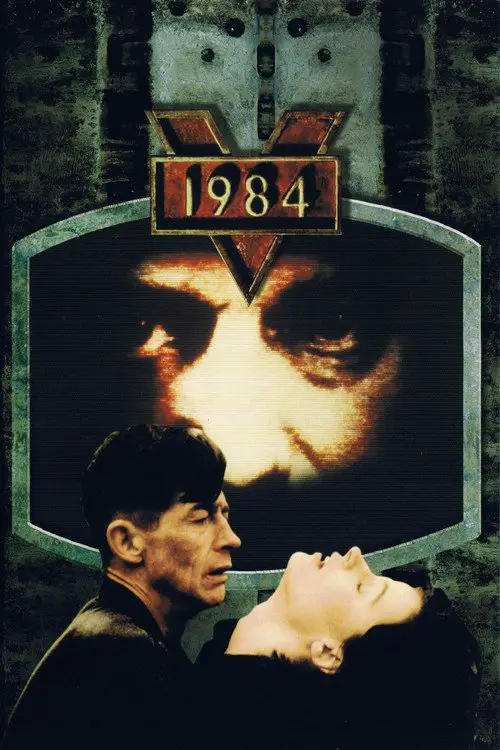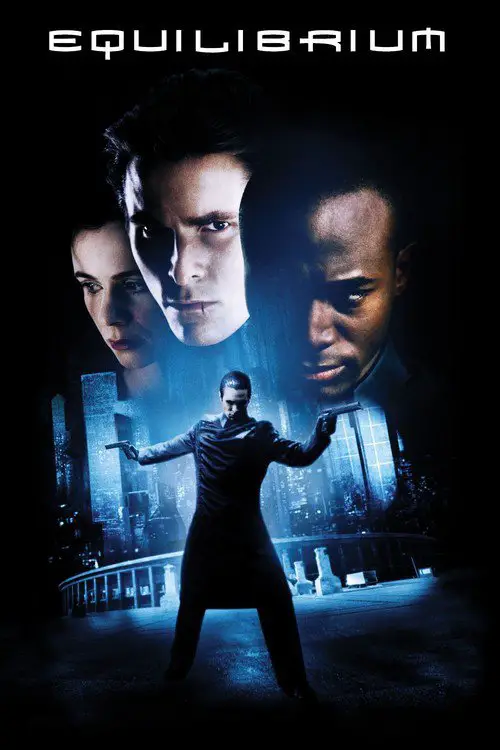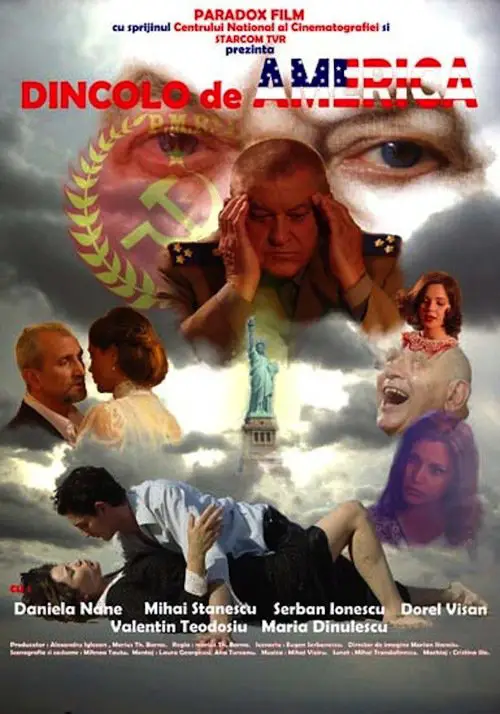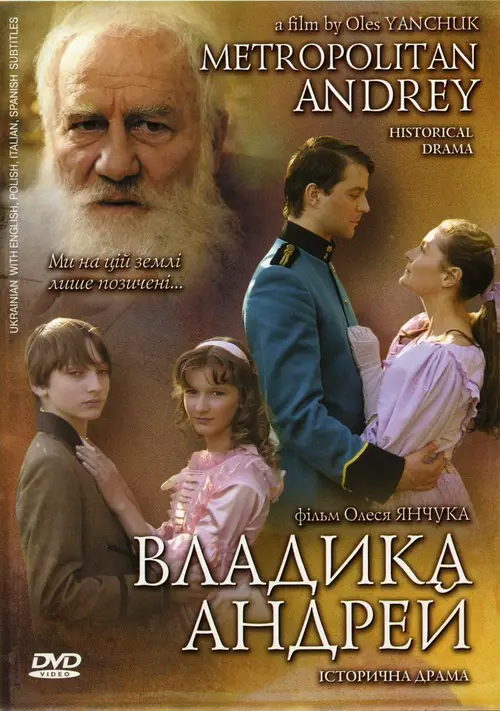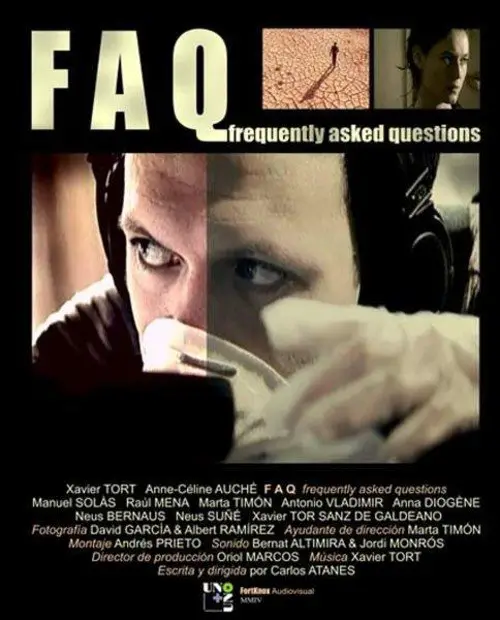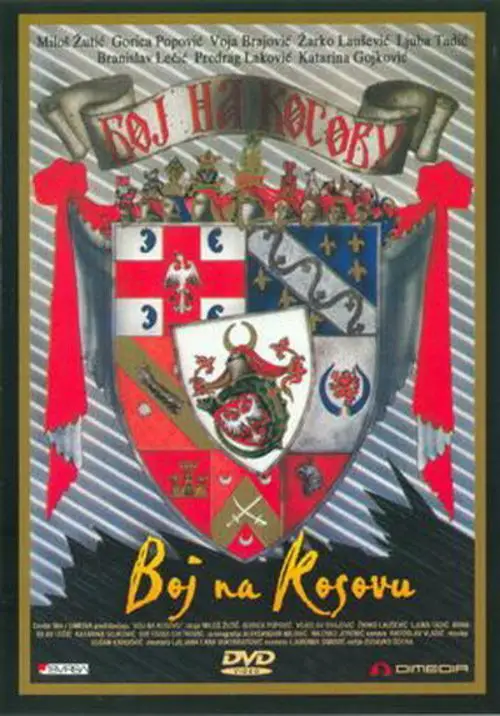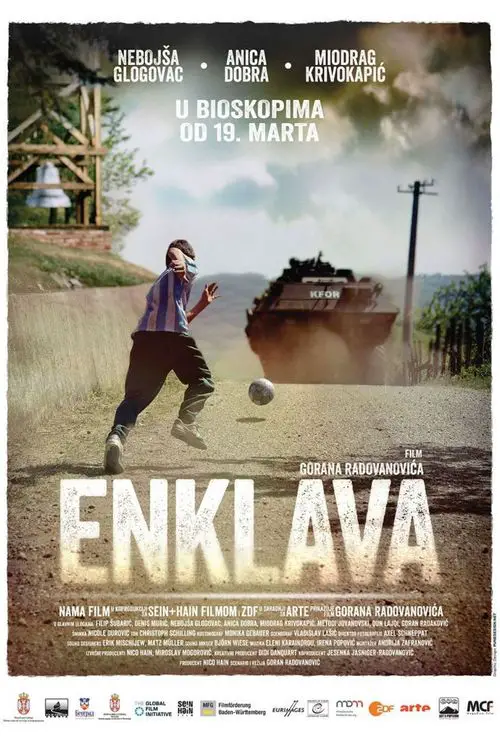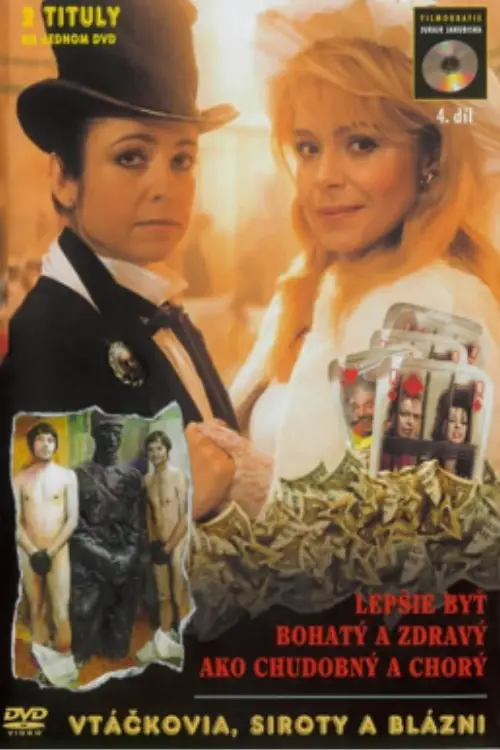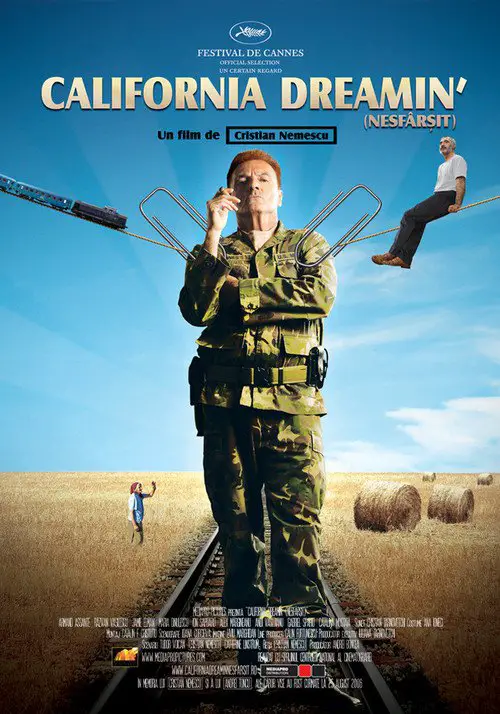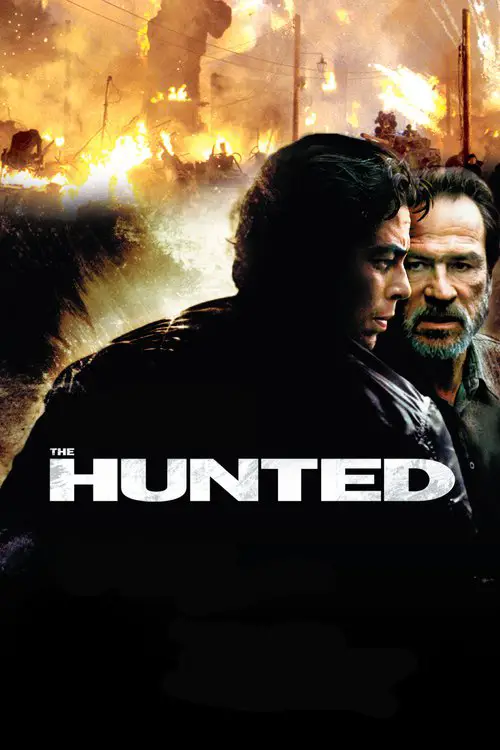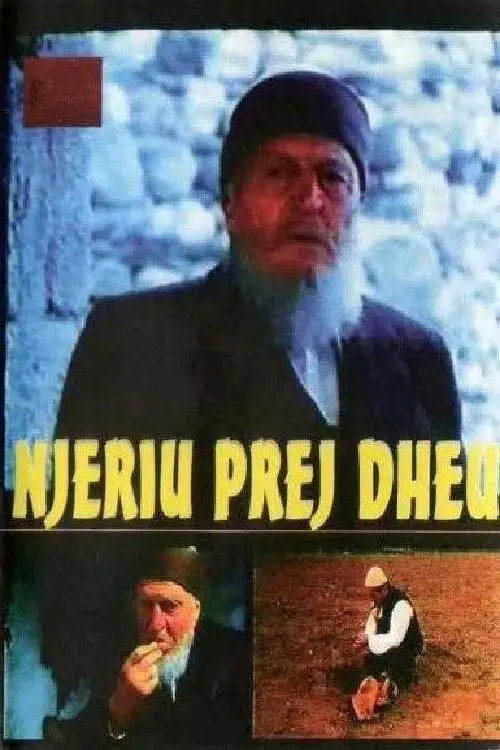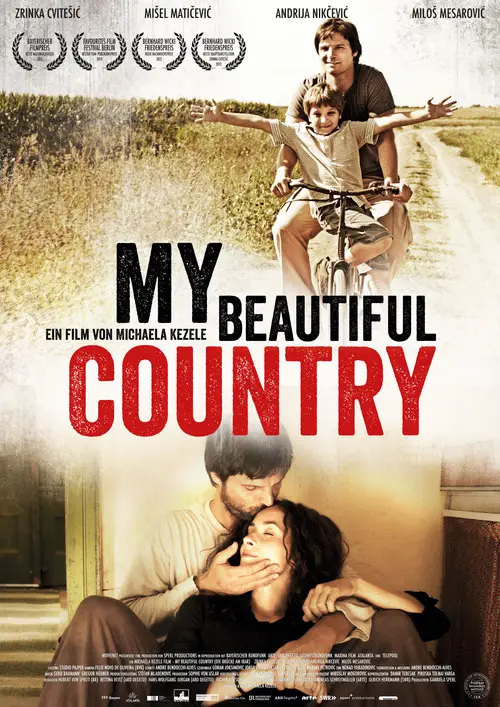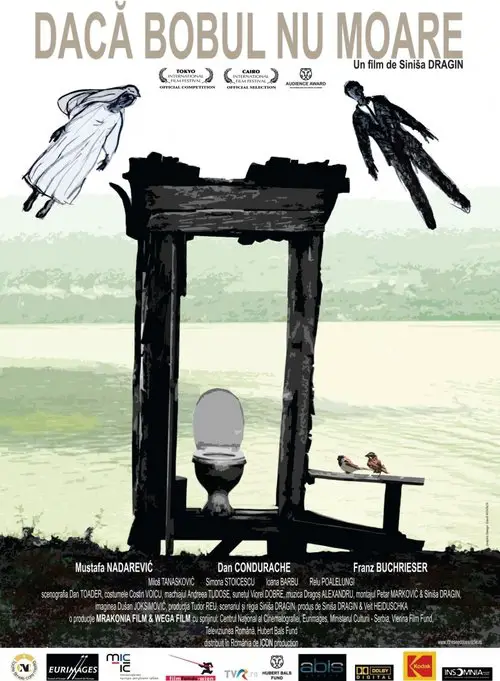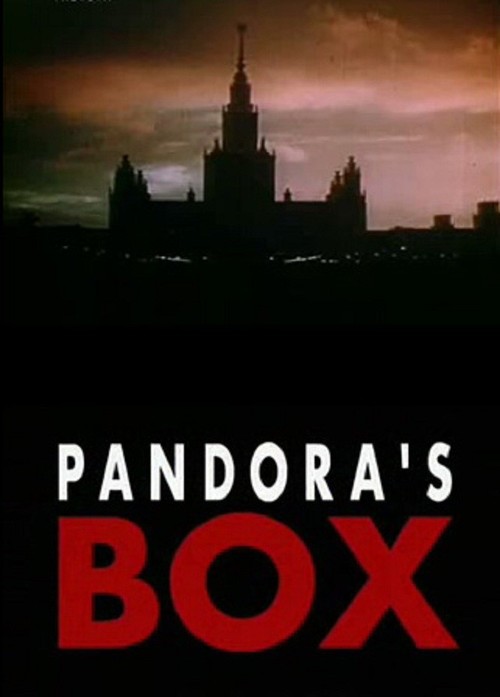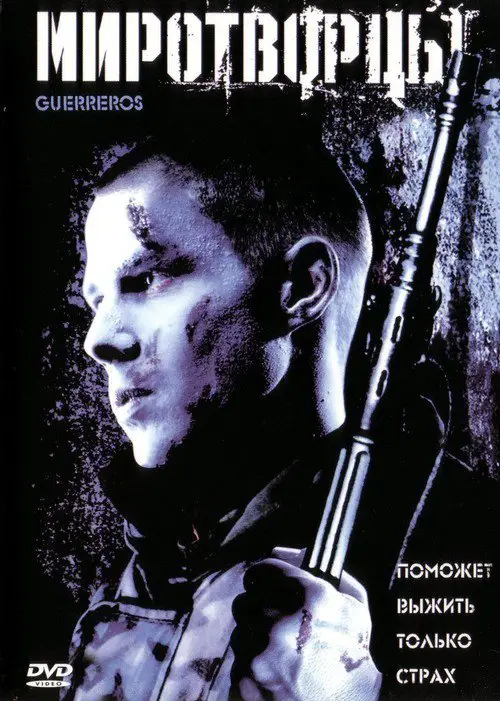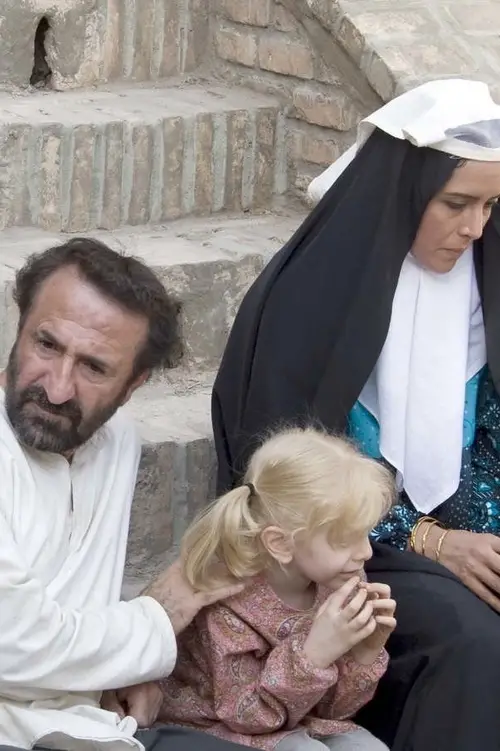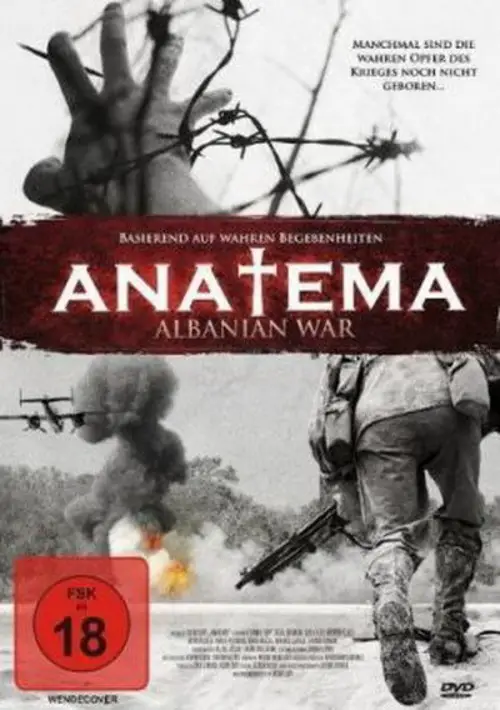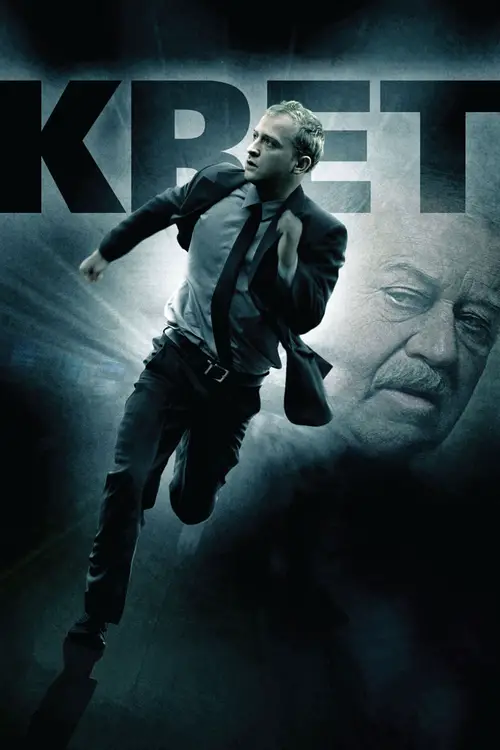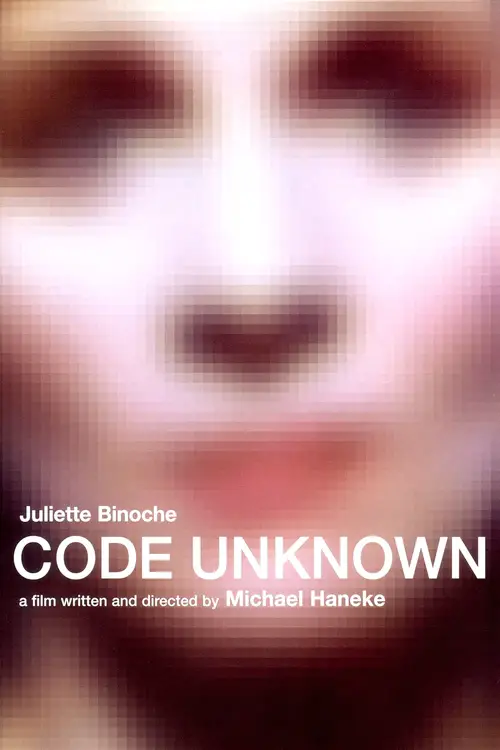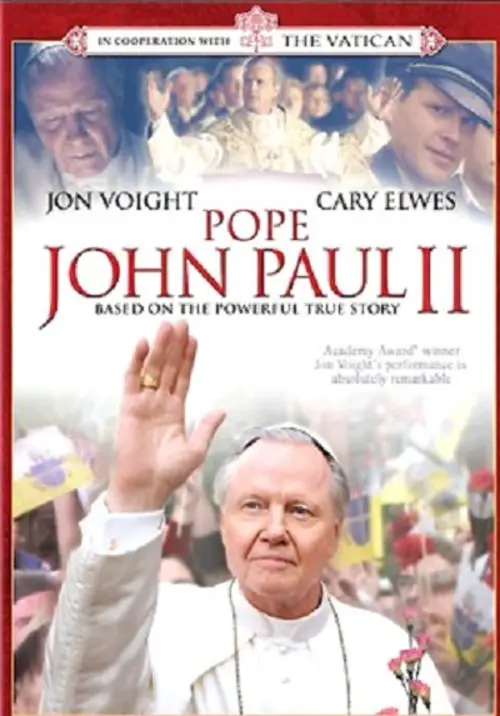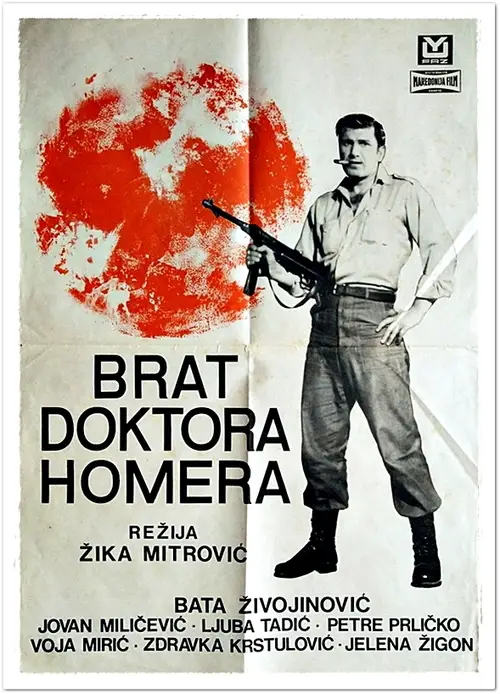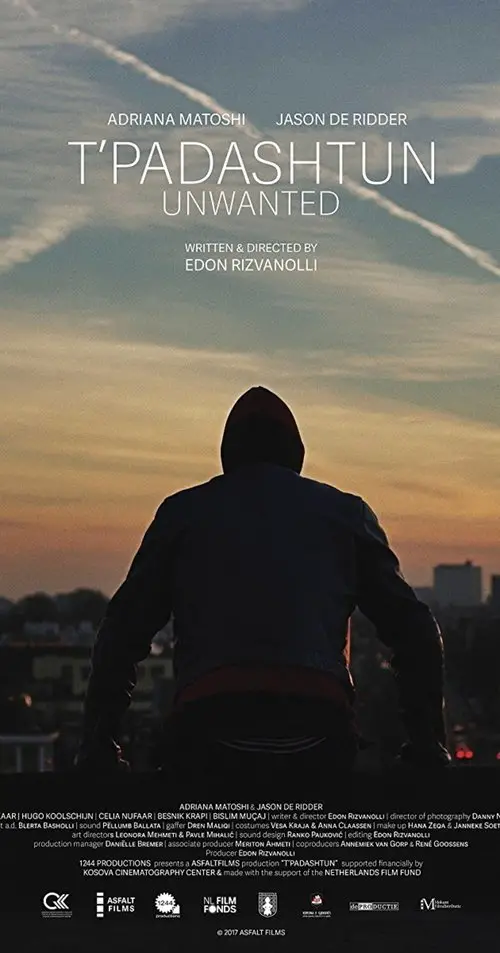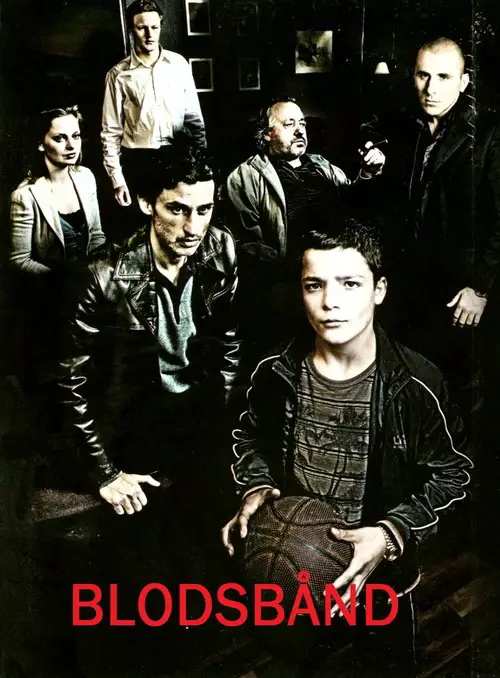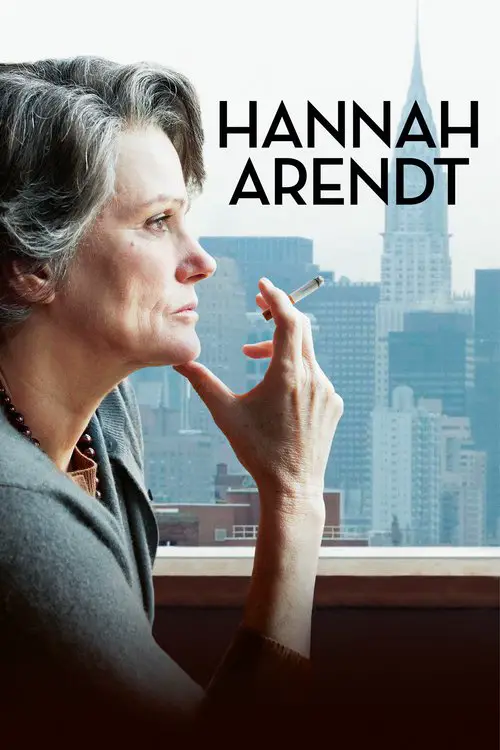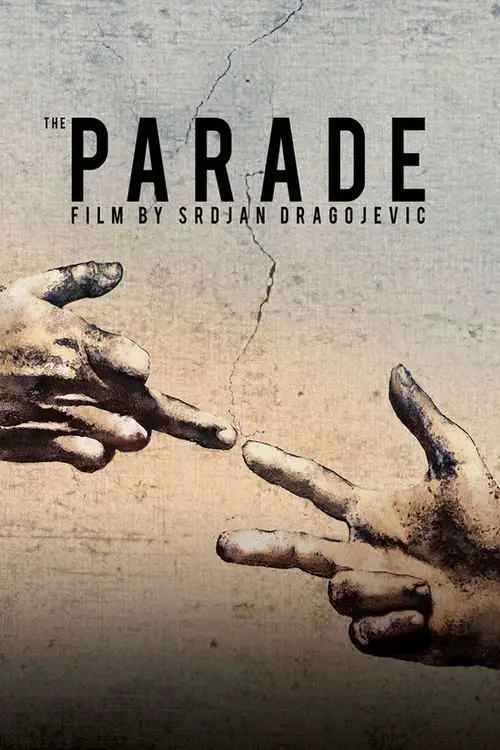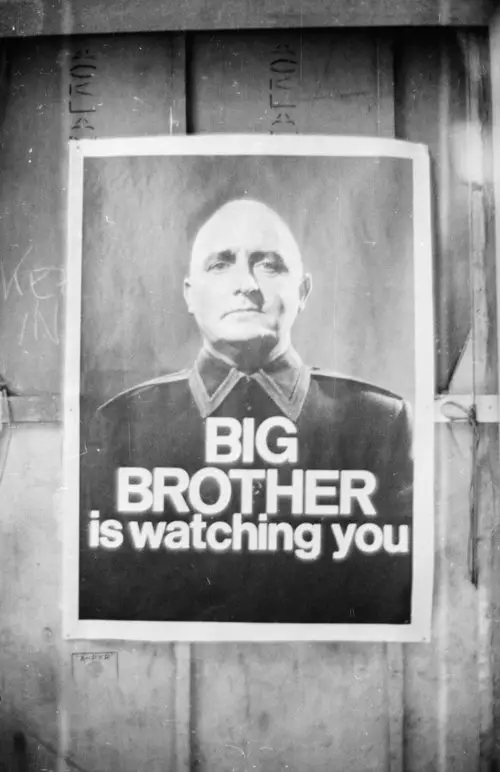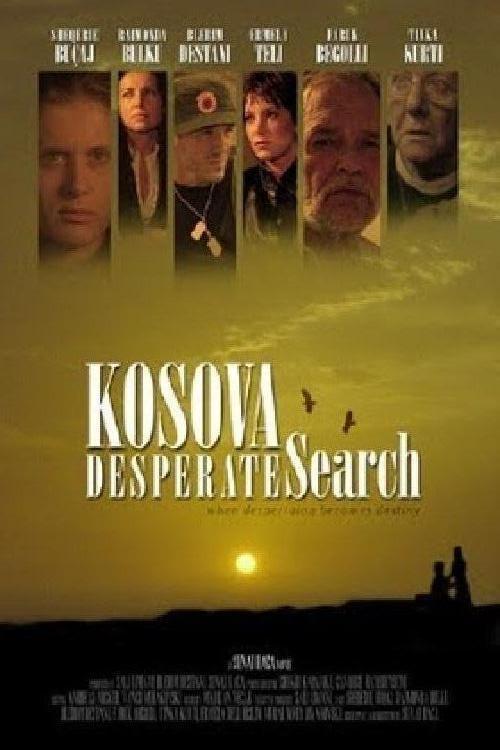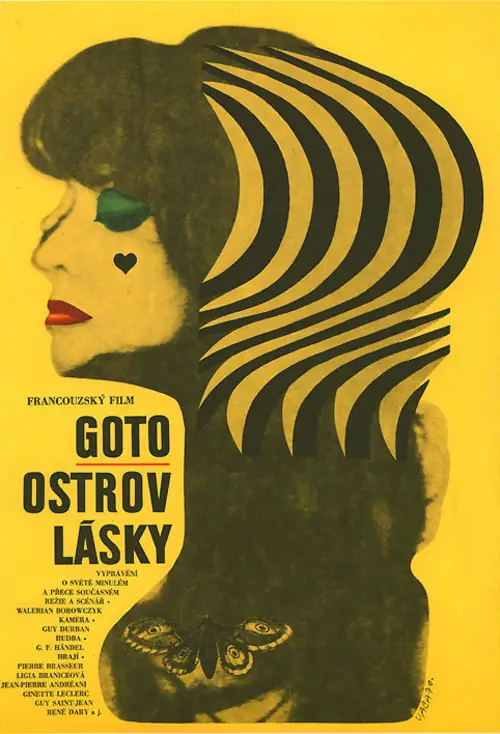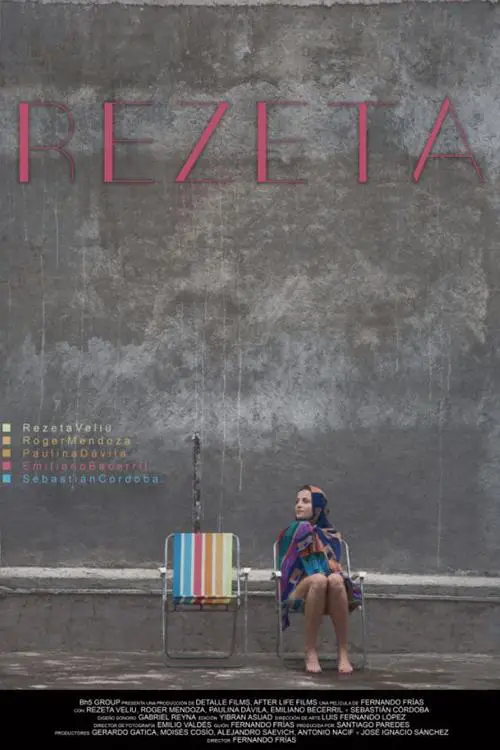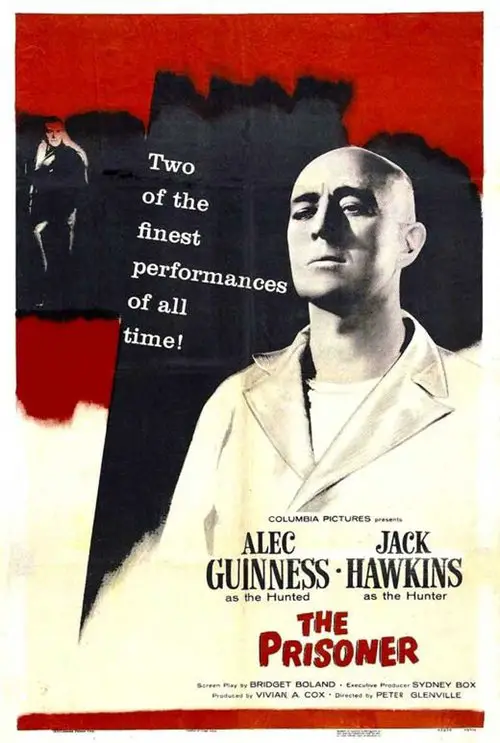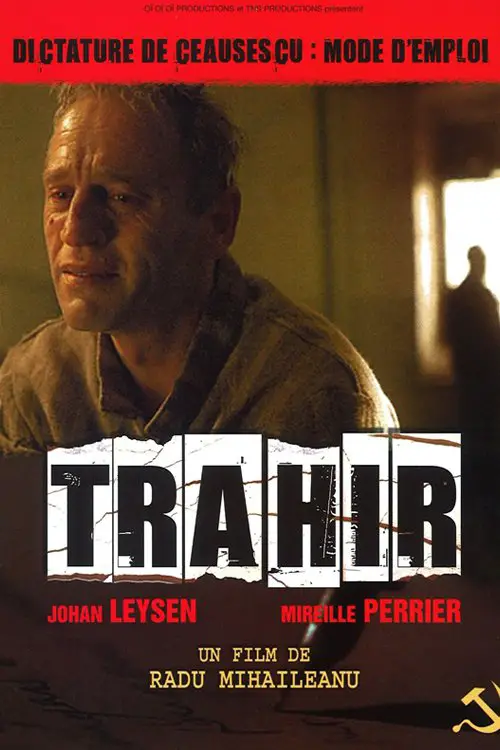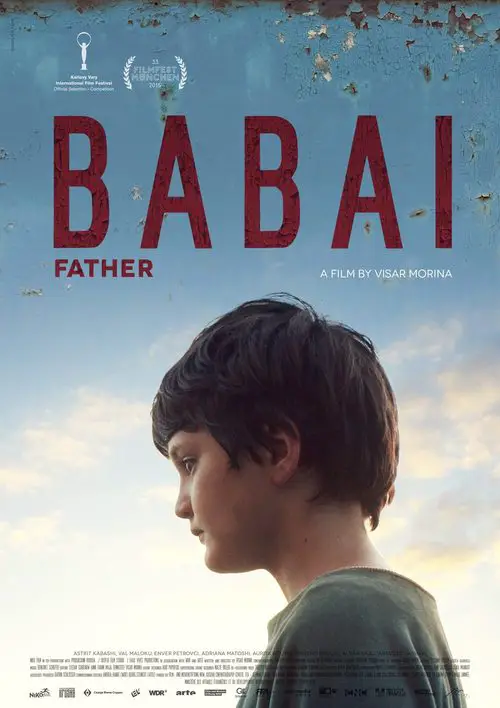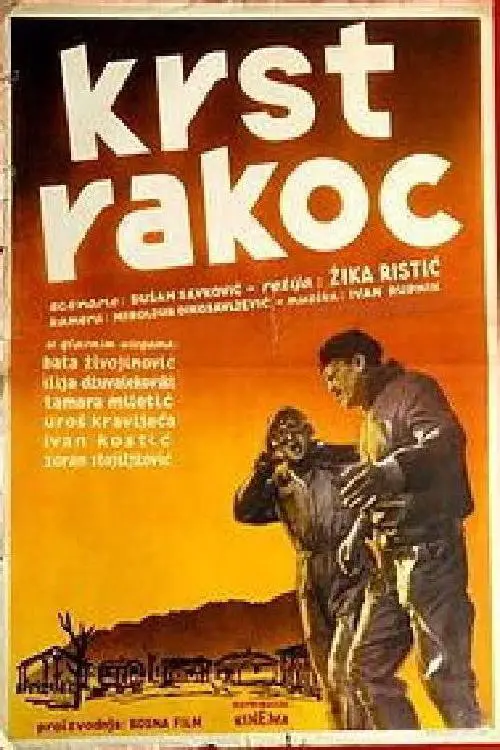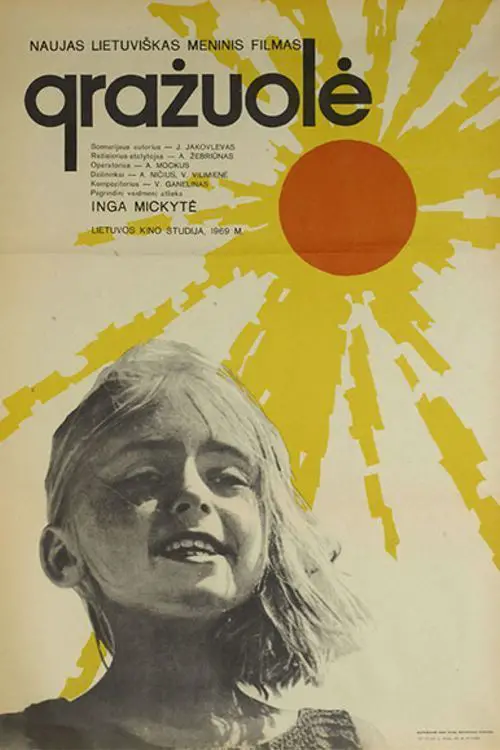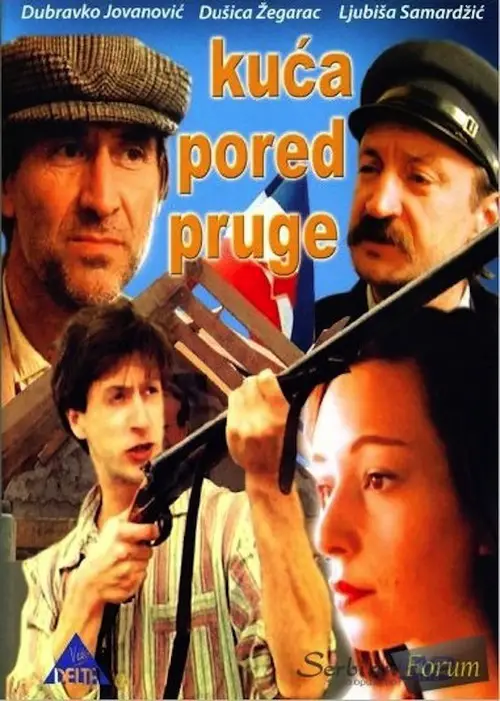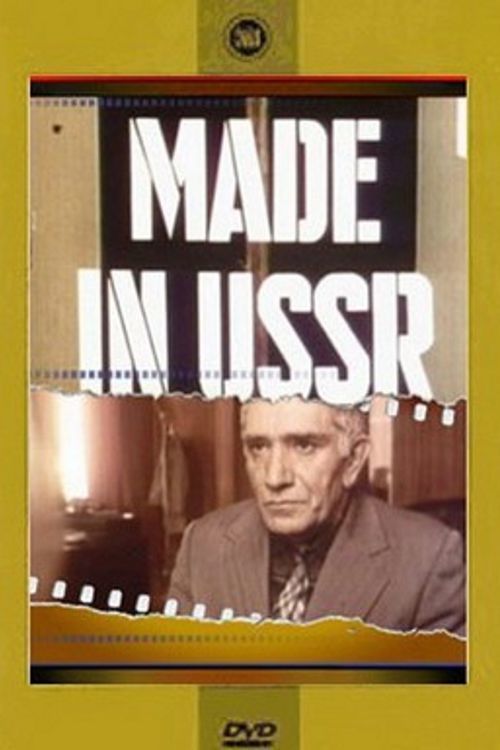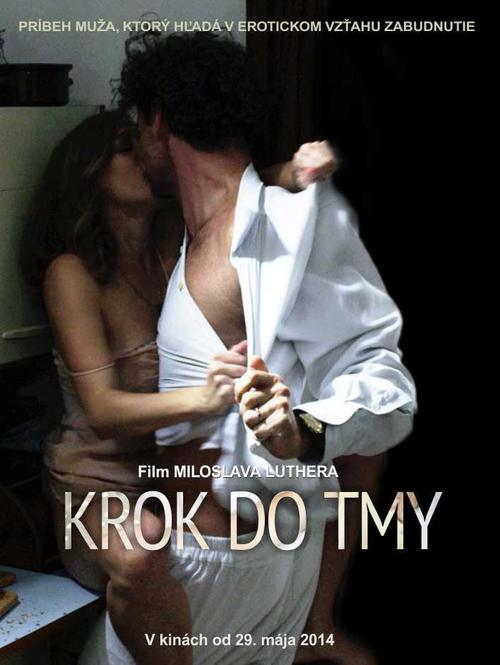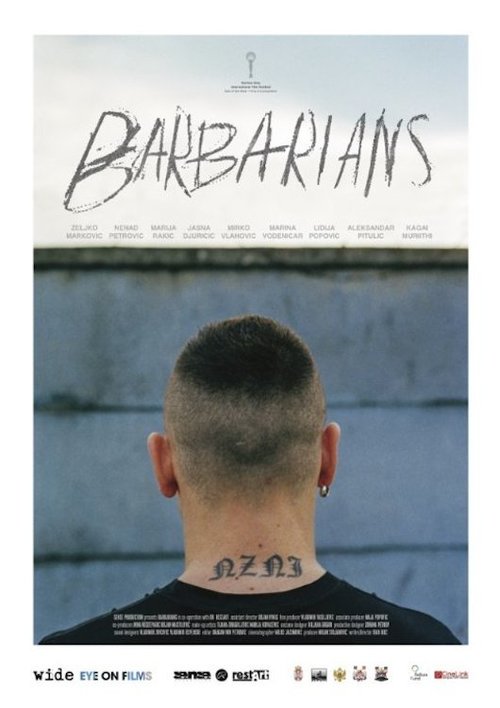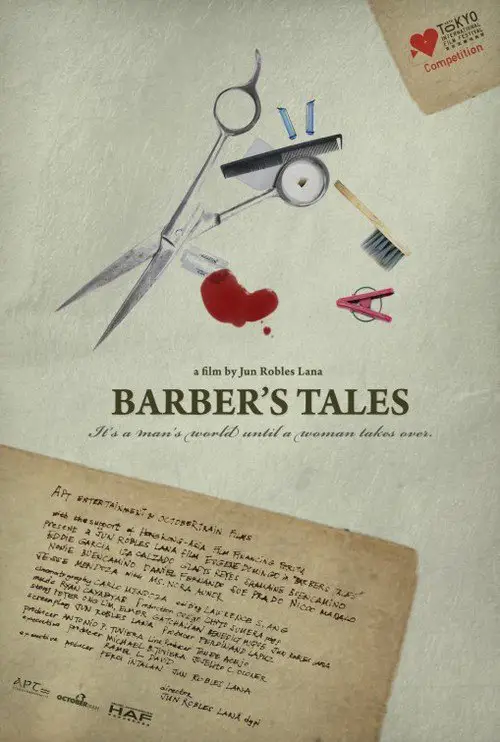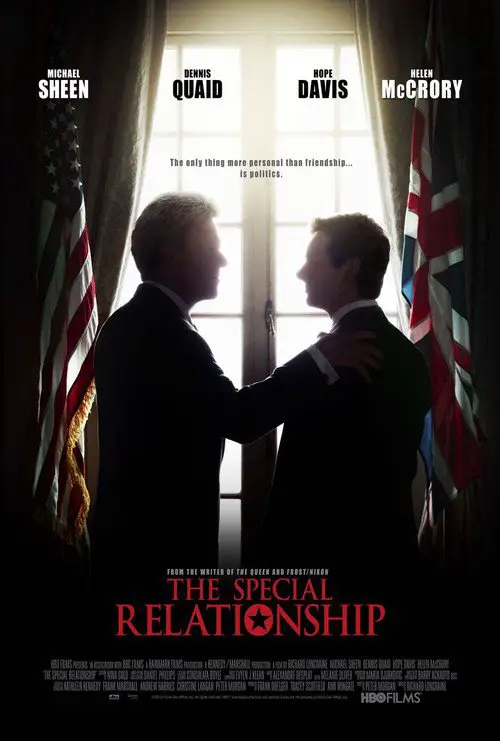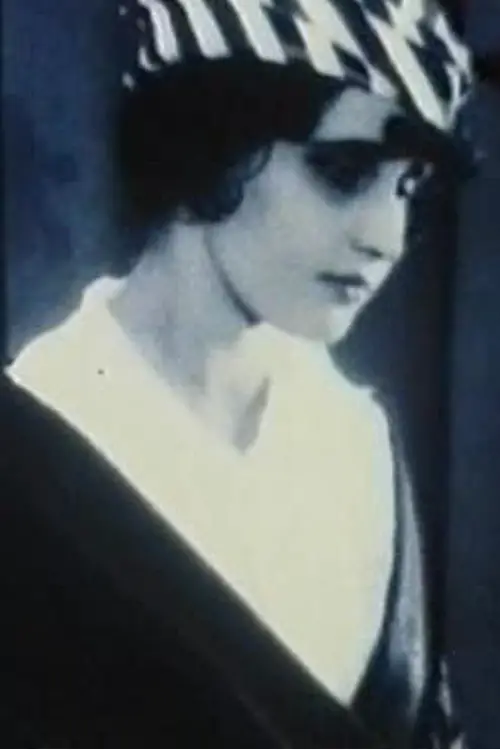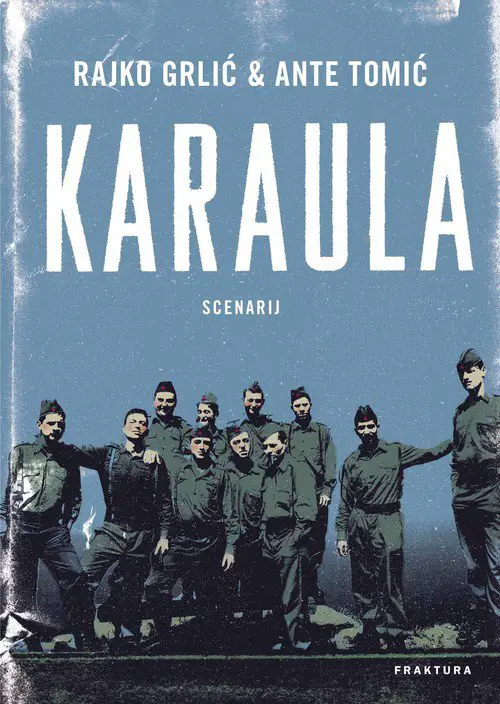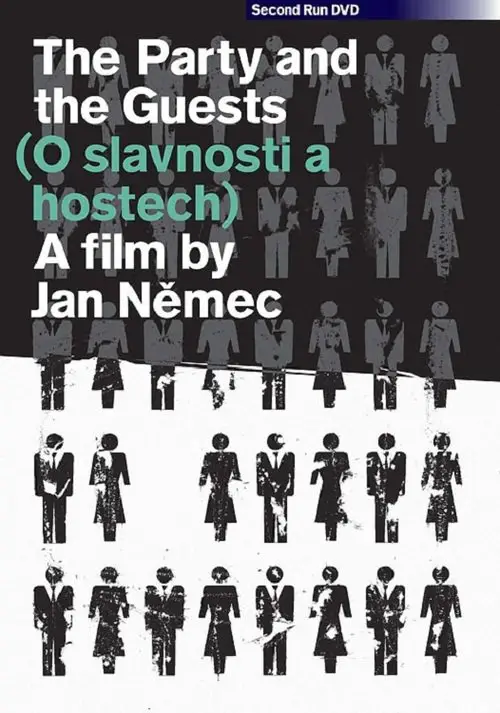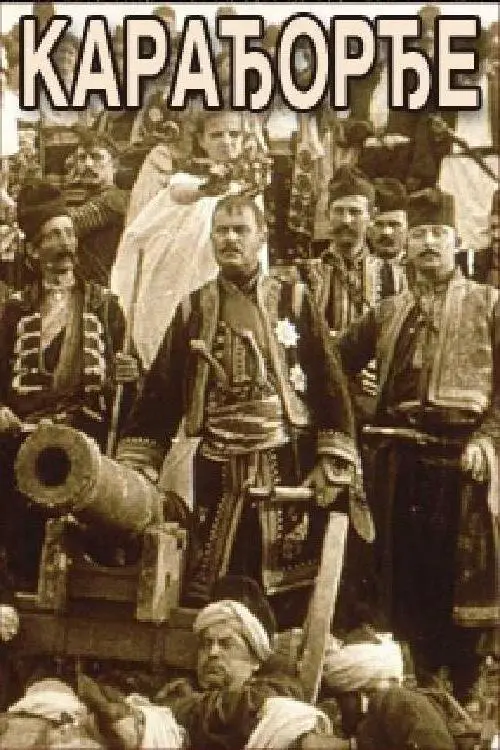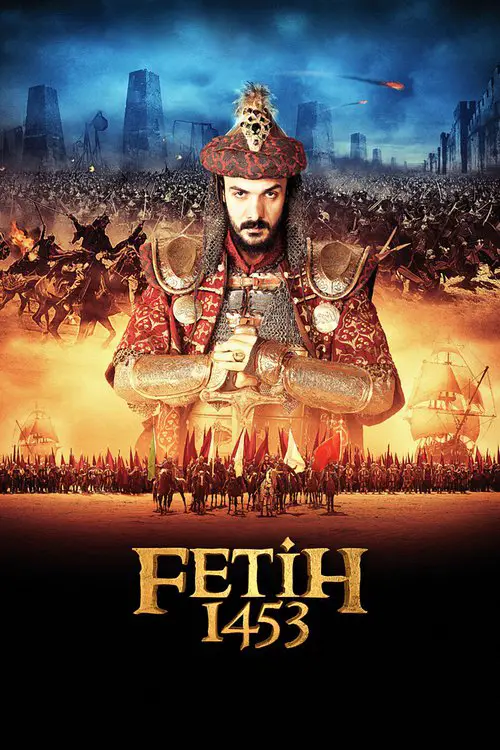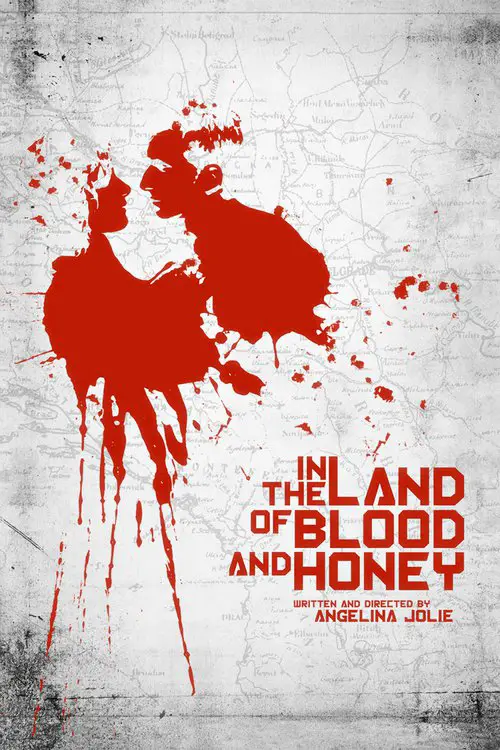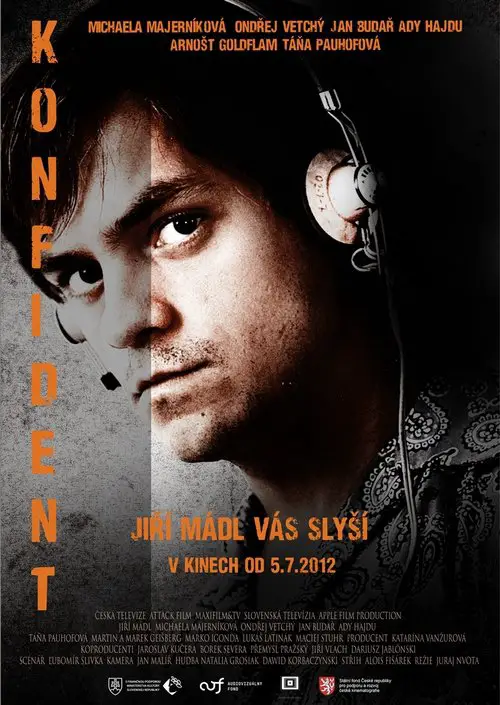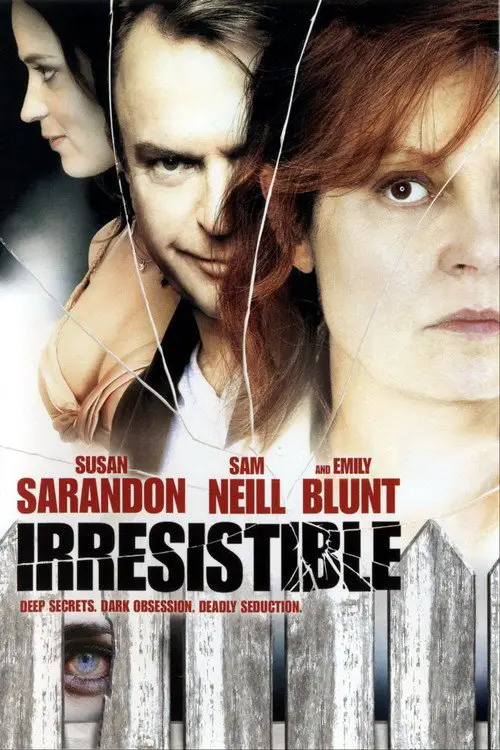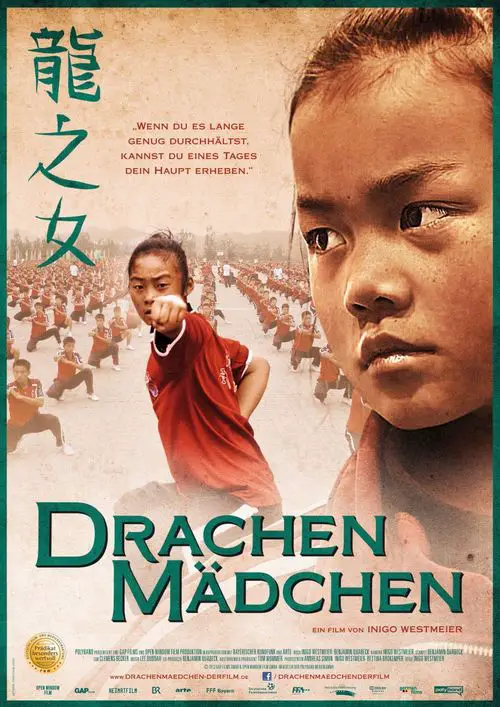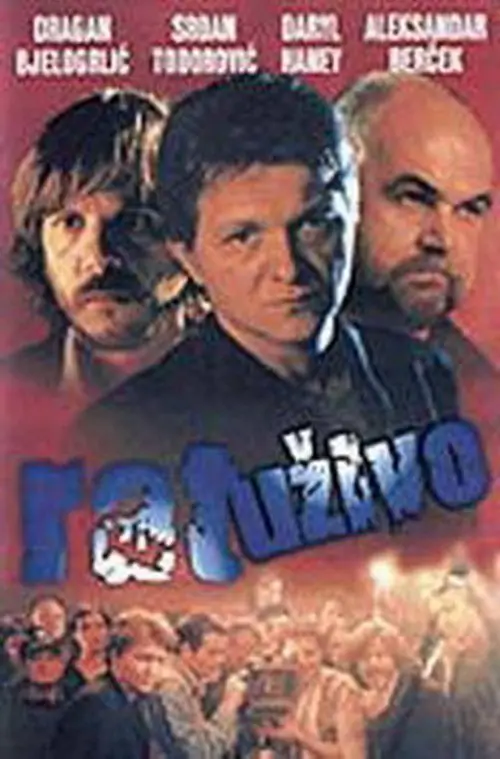The Keepers of the Fog (1988)
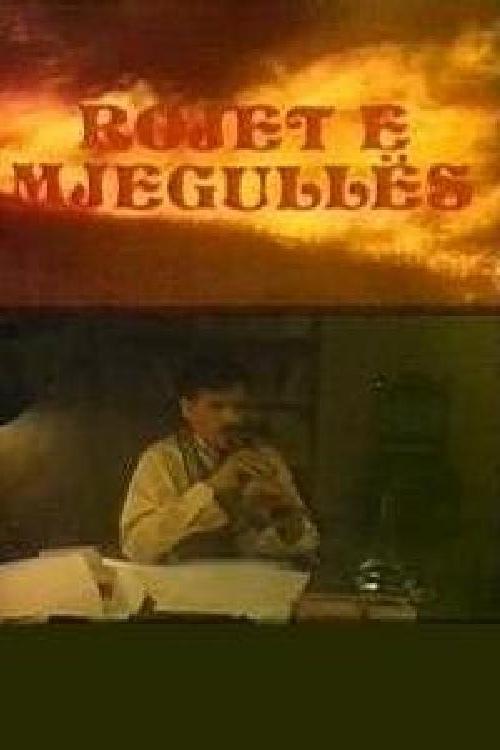
Similar movies
Under an Eastern European totalitarian regime, a prominent dissident writer survives repression by resuming a submissive sexual relationship with her former lover. After their split-up years ago, he had joined the Secret Police in order just to take her back and provide the protection she needed. Struggling to preserve her humanity, she falls in love with a young platonic dreamer, a kind of rebel without cause, whom she initiate in literature and reinvents as a character capable to meet her own desires of freedom. BEYOND AMERICA is a love story and an action drama altogether, with archetypes of an aggressive, totalitarian society.
People in the future live in a totalitarian society. A technician named THX 1138 lives a mundane life between work and taking a controlled consumption of drugs that the government uses to make puppets out of people. As THX is without drugs for the first time he has feelings for a woman and they start a secret relationship. The first film from George Lucas.
In 1970s Iran, Marjane 'Marji' Statrapi watches events through her young eyes and her idealistic family of a long dream being fulfilled of the hated Shah's defeat in the Iranian Revolution of 1979. However as Marji grows up, she witnesses first hand how the new Iran, now ruled by Islamic fundamentalists, has become a repressive tyranny on its own.
Battle of Kosovo (Serbian: Boj na Kosovu) is a 1989 Yugoslav historical drama/war film filmed in Serbia. The film was based on the drama written by poet Ljubomir Simovic. It depicts the historical Battle of Kosovo between Medieval Serbia and the Ottoman Empire which took place on June 15 (according to the Julian calendar, June 28 by the Gregorian calendar) in a field about 5 kilometers northwest of Pristina.
A satiric tragi-comedy about two women and their lover Robert who is an emigrant that keeps coming back. This film shows chaotic post-communist Europe after the fall of totalitarianism. Two opposite characters, women, meet during the Velvet Revolution in November 1989. Intellectual dissident Nona and a Communist secret police bossâ mistress Ester. They meet at an anti-regime demonstration and become friends. They donât want anything to do with politics, both want to get married and have kids, but also get rich. Crazy plans and risky attempts to realize their shared dreams land them in many sticky situations in the post-revolution chaos. Too much money gets in the way of the power of friendship.
Romanian director Cristian Nemescu's comedy California Dreamin' (aka Nesfarsit, 2007) unfolds against the backdrop of the Kosovo War, circa 1999. A NATO train rolls through a Romanian hamlet, transporting a plethora of weapons across the country -- without official documents, and equipped only with the verbal consent of the Romanian authorities. The transport thus grows intensely vulnerable.
In the Pacific Northwest wilderness, two hunters are tracked and viciously murdered by Aaron Hallum (Benicio del Toro). In the wilderness of British Columbia, L.T. Bonham (Tommy Lee Jones), a former special operations instructor, is approached and asked to apprehend Hallum, his former student who has "gone renegade" after suffering severe battle stress from his time in Kosovo.
Sokol is a middle-aged Kosovar Albanian who, together with his family, emigrates from Kosovo to Turkey, and faces the foreign and unknown world. After some time he becomes homesick, eventually leaving his last will he gave to his son that when he dies, his bones will be returned to his native country. He dies near of a cliff at the Black Sea coast. In his native village, the news that Sokol has been returned from emigration are being spread.
Two fathers, a Romanian searching for his daughter who was forced into prostitution in Kosovo, and a Serbian seeking the body of his son killed in a car accident in Romania, meet on the river Danube. A boatman recounts the 200 year-old legend of Romanian peasants struggling unsuccessfully to move an old wooden church up the hill to their village at a time when building Orthodox churches was prohibited.
Casablanca is a classic and one of the most revered films of all time. Starring Humphrey Bogart and Ingrid Bergman in a love triangle in the city of Casablanca which is a refuge for many fleeing foreigners looking for a new life during the war. Political romance with a backdrop of war conflict between democracy and totalitarianism. A landmark in film history.
For 15 years, Adam Curtis has concentrated on a cultural history behind the politics of the 20th century and beyond. In 1992, he made Pandoraâs Box, six âfablesâ on the consequences (often dangerous) of political and technocratic rationality, especially when used to crush common sense and a clear reporting of the facts. Nothing concerns Curtis more than the way public relations and spin doctoring have become ways of masking the true nature of modern history - and nothing is so vital to the new forms of modern bureaucratic totalitarianism, the dulcet âorderâ that has come to fill the ground left by fascism and communism. In other words, the âenlightenedâ problem solving favored in the most advanced countries, but employed to obfuscate democratic impulses.
Beginning in 1929 and ending in the present day, Kianoush Ayyariâs powerful drama is about so-called honor killing, a taboo subject in modern Iran. The action, which is confined to the closed-off world of a family house and its grounds, with outside reality only impinging in the form of sounds and rumors, starts with a father murdering his daughter in an act of honor killing. With the complicity of his wife and son, he buries her corpse in the cellar. Family life continues, haunted by the shared knowledge of the murder across several generations. This conspiracy of silence and the filmâs exploration of the nature of complicity make for a powerful commentary on life in Iran, but Ayyari constructs his fable in such a fashion that ultimately it transcends nationality, culture, and religion and comes to depict the structure and inner workings of totalitarianism itself.
Pawel, a Polish man in his early 30s, makes a living with his father Zygmunt importing second-hand clothing from the North of France to Southern Poland. On his way back from one of regular "business trips", Pawel is shocked to discover his father's picture on the cover of a Polish tabloid newspaper. The headline "traitor" is written next to his name. Zygmunt is a genuine hero of the struggle against totalitarianism and a recognized member of the "Solidarnosc" labor movement of the 80s. But now, Zygmunt is suddenly accused by the paper of having acted as a secret informer called THE MOLE by the communist regime.
A series of events unfold like a chain reaction, all stemming from a minor event that brings the film's five characters together. Set in Paris, France, Anne is an actress whose boyfriend Georges photographs the war in Kosovo. Georges' brother, Jean, is looking for the entry code to Georges' apartment. These characters lives interconnect with a Romanian immigrant and a deaf teacher.
Following the death of his mother, Karol Wojtyla is brought up by his father in the Polish city of Krakow during the first half of the 20th century. When his homeland is invaded by the Nazis in 1939, he secretly opposes the systematic persecution of their Polish culture. With the death of his father, Karol decides to follow a priestly vocation. When Poland falls into the grip of Soviet totalitarianism, the newly ordained Karol is constantly surrounded by young people whom he teaches to safeguard and defend human dignity. He could be considered a serious threat to the regime, but the Communist authorities merely see him as an innocuous intellectual and he becomes the youngest bishop in the history of Poland. When he is appointed Cardinal, Karol is more intransigent in the spiritual guidance of his homeland, becoming a real and proper thorn in the side of the Communist government. On the death of Pope John Paul I in 1978, Karol leaves his beloved Poland to become Pope John Paul II.
This film predominantly deals with the problems of a young man whom his delusions led into conflict with society. These issues will throw him into an adventure that would be tragic for him, but still helpful for him to see the truth. The story takes place in Kosovo in 1945, in an atmosphere of uncured wounds, wandering, betrayal, burned homes, typhoid and other postwar misery. An authentic story from those days was taken as the film's basis.
15-åringen Mirush kommer til Norge for å finne faren sin, som lot familien i stikken når Mirush var liten. Nå driver faren en restaurant i Oslos bakgård, og sliter med et gjeldstynget forhold til den albanske mafiaen i hovedstaden. Faren har startet et nytt liv med norsk kjæreste, og hans albanske familie er kun et vagt minne. Til Mirush dukker opp. Han begynner å jobbe for faren, uten å gi seg til kjenne. Sakte, men sikkert lærer de hverandre å kjenne, men det Mirush finner i møtet med sin far, er han ikke helt forberedt på. Han blir tvunget til å ta noen valg som får store konsekvenser, for dem begge.
Hannah Arendt is a portrait of the genius that shook the world with her discovery of âthe banality of evil.â After she attends the Nazi Adolf Eichmannâs trial in Jerusalem, Arendt dares to write about the Holocaust in terms no one has ever heard before. Her work instantly provokes a furious scandal, and Arendt stands strong as she is attacked by friends and foes alike. But as the German-Jewish émigré also struggles to suppress her own painful associations with the past, the film exposes her beguiling blend of arrogance and vulnerability â revealing a soul defined and derailed by exile.
The Parade, in a tragicomic way, tells the story about ongoing battle between two worlds in contemporary post-war Serbian society - the traditional, oppressive, homophobic majority and a liberal, modern and open-minded minority... The film, which deals with gay rights issues in Serbia, features footage of the 2010 Belgrade gay pride parade. The film introduces a group of gay activists, trying to organize a pride parade in Belgrade
Someone we hear talking - but whom we do not see - speaks of a project which describes the four key moments of love: meeting, physical passion, arguments/separation and making up. This project is to be told through three couples: young, adult and old. We do not know if the project is for a play, a film, a novel or an opera. The author of the project is always accompanied by a kind of servant. Meanwhile, two years earlier, an American civil servant meets with an elderly French couple who had fought in the Resistance during World War II, brokering a deal with a Hollywood director to buy the rights to tell their story. The members of the old couple's family discuss heatedly questions of nation, memory and history.
The film "Kosova: Desperate Search" recounts the repercussions and effects of the Kosovar war on the Albanian population. Ethnic cleansings and other atrocities mentally and physically destroyed the people. The entwined destinies of individual persons and families from various geographic regions and social classes are the basis of a closely interconnected storyline. Families are not only looking for their missing children, but also for new hope and perspectives.
A cardinal is arrested for treason against the state. As a prince of his church, and a popular hero of this people, for his resistance against the Nazis during the war and afterward his resistance when his country again fell to a totalitarian conqueror. In prison, his interrogator is determined to get a confession of guilt against the state from the strong willed man, and thus destroy his power over his people. The verbal and psychological battles are gripping and powerful - not even the increasing pressures put upon the Cardinal can force him to weaken; not even solitary confinement, continuous blazing light in his cell, sleeplessness, efforts to persuade him he is going mad. And yet, in the deepening conflict, the superb indomitable prisoner, creates a tremendous pity on his tormentor, the interrogator. Written by alfiehitchie
10-year-old Nori is obliged to grow up at a very young age after the early death of his mother and then being abandoned by his father Gezim in the Kosovo of the 1990s.After a dangerous and eventful journey, Nori finally arrives in Germany and is reunited with his father, but he cannot understand how Gezim could just have left him. And chances of them being able to stay in Germany look bleak when Gezimâs application for asylum is rejected.
The movie is set at the beginning of the NEP (New Economic Policy) in December, 1921. A mysterious radio message is beamed around the world, and among the engineers who receive it are Los, the hero, and his colleague Spiridonov. Los is an individualist dreamer. Aelita is the daughter of Tuskub, the ruler of a totalitarian state on Mars in which the working classe are put into cold storage when they are not needed. With a telescope, Aelita is able to watch Los. As if by telepathy, Los obsesses about being watched by her. After some hugger-mugger involving the murder of his wife and a pursuing detective, Los takes the identity of Spiridonov and builds a spaceship. With the revolutionary Gusev, he travels to Mars, but the Earthlings and Aelita are thrown into prison by the dictator. Gusev and Los begin a proletarian uprising, and Aelita offers to lead.
Shortly after World War II, the government sent a crew of drivers with large tractors to clear-cut and plow a vast, barren piece of land called "Krst Rakoc" in the hills of Kosovo and Metohia, for future orchards. They encounter deprecation and revolt from indigenous Albanian population who do not believe in good intentions of the government and the crew.
Trained in clandestine combat from childhood, the Jinyiwei were masters of the 14 Blades; eight being for torture, five for killing, and the last blade reserved for suicide when a mission failed. An elite force of secret agents with a license to kill, the Jinyiwei devoted their lives and lethal prowess to the service of the Emperor alone. When the Imperial Court is taken over by evil eunuch Jia (Law Kar Ying), the best of the Jinyiwei, Qinglong (Donnie Yen) is assigned to steal a list identifying those still loyal to the Emperor. However unbeknownst to Qinglong, the Jinyiwei have fallen under the control of Jia, and during the mission Qinglong is betrayed and barely escapes with his life. Now as the most wanted man in the land, Qinglong must seek out and rally the loyalists to rise against Jia and restore the Emperor to power. In his way are the deadliest assassins in the land, his former brethren, the Jinyiwei.
A dramatisation that follows Tony Blair's journey from political understudy waiting in the wings of the world arena to accomplished prime minister standing confidently in the spotlight of centre stage. It is a story about relationships, between two powerful men (Blair and Bill Clinton), two powerful couples, and husbands and wives.
The Island of the Dead is a film about the demise of the Russian Epocha Modern. The symbol of this culture was the legendary Russian film star Vera Kholodnaya, who evoked a poetic image of the young urban woman on the silver screen. Her death in 1919, shrouded in tragedy and mystery, put a symbolic end to the pre-Revolutionary period. The Island of the Dead is composed of fragments from numerous films from this period, juxtaposed with other contemporary artistic expressions such as music and painting. Kovalov shows convincingly how the fragile beauty of the Russian Epocha Modern had to make way for the pressure of Futurism, Constructivism and other 'progressive trends', and how these '-isms' were then also relegated to the melting pot to be remoulded by totalitarian norms.
At a small border-post on the Yugoslav-Albanian border, yet another generation of soldiers suffering the usual amount of boredom awaits the end of their service, counting days to the moment when they should take their uniforms off for good. It is the spring of 1987 and the thought never even crosses their mind that they would, in fact, put them back on quite soon and go to war.
In Jan NÄmecâs surreal fable, a picnic is rudely transformed into a lesson in political hierarchy when a handful of mysterious authority figures show up. This allegory about oppression and conformity was banned in its home country but became an international success after it premiered at the New York Film Festival.
The documentary film Dragon Girls tells the story of three young Chinese girls training to become Kung Fu fighters, far away from their families, at the largest Kung Fu school in China. These girls, in a crowd of 26,000 children, are under constant pressure to conform to the norms and structures. They are turned into fighting robots and yet, if you look behind the curtain, you see children with dreams and aspirations. It show the controversial world of selection of the fittest in a totalitarian system.
When hard-working TV producer Becky Fuller is fired from a local news program, her career begins to look as bleak as her hapless love life. Stumbling into a job at "Daybreak" (the last-place national morning news show), Becky decides to revitalize the show by bringing on legendary TV anchor Mike Pomeroy. Â Unfortunately, Pomeroy refuses to cover morning show staples like celebrity gossip, weather, fashion and crafts â let alone work with his new co-host, Colleen Peck, a former beauty queen and longtime morning show personality who is more than happy covering morning "news." As Mike and Colleen clash, first behind the scenes and then on the air, Becky's blossoming love affair with fellow producer, Adam Bennett begins to unravel â and soon Becky is struggling to save her relationship, her reputation, her job and ultimately, the show itself.
Belgrade, 1999. Producer Sergei and his film crew are in a disastrous situation - the film they're making is under threat - there's no money, the crew are dissatisfied - and NATO bombing is just around the corner. Then a member of the State Security Service (Mileta) comes looking for American co-producer Harvey. Anxious and worried, in the midst of the bombing that's begun, Sergei hides Harvey from what he thinks is awaiting him - arrest. During the night, he thinks up a plan. He announces the start of filming on a new, patriotic film - in which the main role will be played by Harvey. The plan works - the State supports the film and Mileta, as the State's representative, joins the crew. However, the underlying conflict between Mileta and Sergei explodes during the first screening. Mileta accuses them of being artists, and not being patriots.
© Valossa 2015–2026
| Privacy Policy
